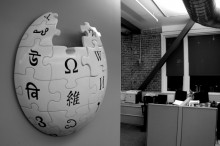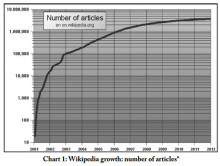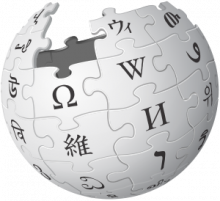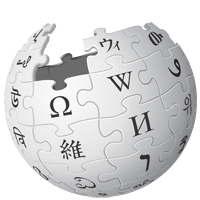Wikipedia wants PR firm to stop paid editing services, hints at lawsuit
For months, Wikipedia has been battling a company called “Wiki-PR,” which purportedly sells paid editing services on the well-known online encyclopedia. In October 2013, Wikipedia announced it blocked or banned hundreds of editor accounts in response.
Now the Wikimedia Foundation (which runs Wikipedia) is escalating its game: on Tuesday it issued a cease and desist letter to Wiki-PR, demanding that the company immediately halt editing Wikipedia “unless and until [Wiki-PR has] fully complied with the terms and conditions outlined by the Wikimedia Community.”








































































